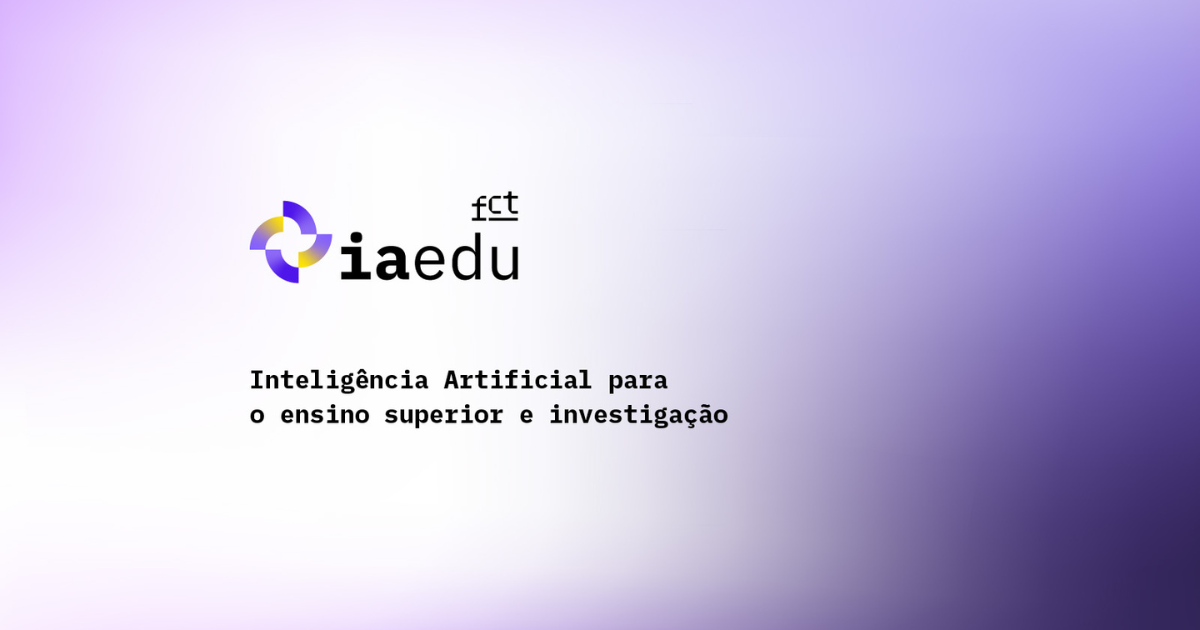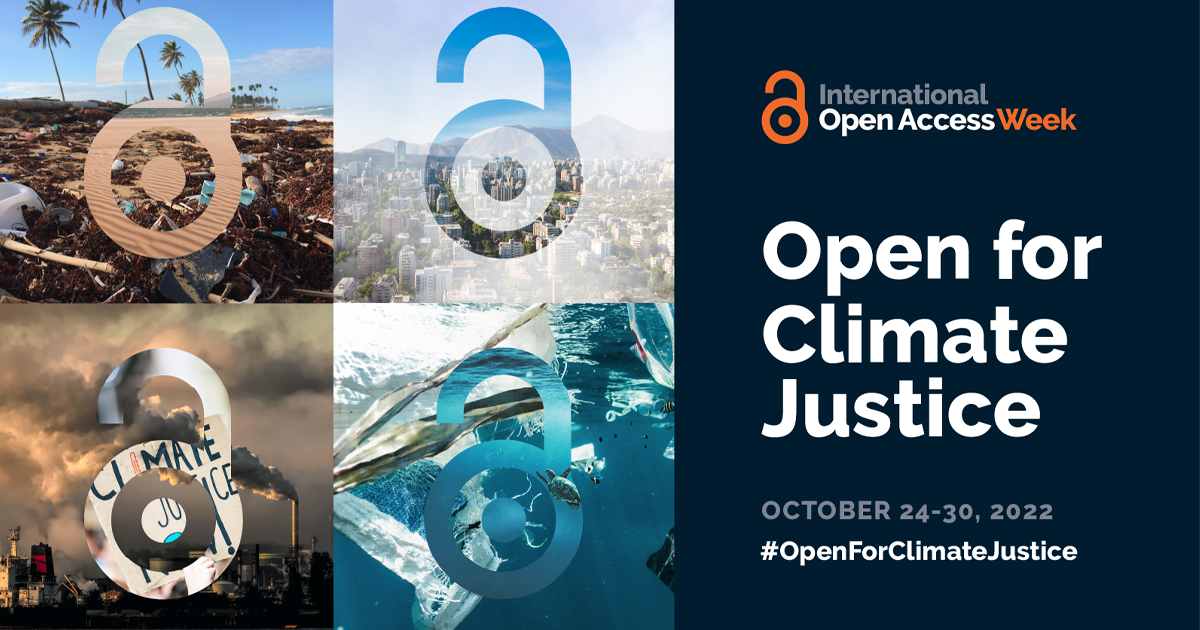What is it?
GEOLab is an initiative aimed at the research community, which also includes the participation of EllaLink – the group that owns the submarine system connecting Europe to Latin America. This system includes a dedicated fiber optic pair between Funchal and Sines, connecting to GEANT, the main European network for research and education.
EMACOM also has an optical fiber in the Ellalink system, approximately 56 km long, which starts at landing station in Madeira and which constitutes a resource of great interest to the research and teaching community, in activities related to earth observation, particularly seabed movements.
Who is it intended for?
The Foundation for Science and Technology (FCT) and the EMACOM – Madeira Telecommunications signed, in 2022, a cooperation protocol that aims to promote the use of fiber optics for research purposes, particularly in the areas of seismology, volcanology, marine ecology and ocean conditions.
Through this protocol, EMACOM undertakes to transfer the rights to use the optical fiber for all equipment supporting the scientific experiments to be carried out within the scope of the project and its connection to the RCTS – Science, Technology and Society Network.
The FCT also adds to this responsibility the commitment to ensure access to GEOLab by the research and teaching community, in a partnership that aims to take advantage of human and technological potential, through the sharing of technological resources in the areas of research and connectivity, namely through the use of the submarine cable system.
Who manages Geolab's operations in Portugal?
The management and operation of these experiments will be the responsibility of the FCT, through its Scientific Computing Unit (FCCN).
Within the scope of the protocol, the FCT will also be responsible for taking steps to activate a new RCTS Point of Presence (PoP) at CLS (Cable Landing Station) of Funchal and the reinforcement of the Penteada PoP, located on the premises of the University of Madeira, in order to ensure connectivity to the global internet through the GEOlab Science, Technology and Society Network (RCTS).













